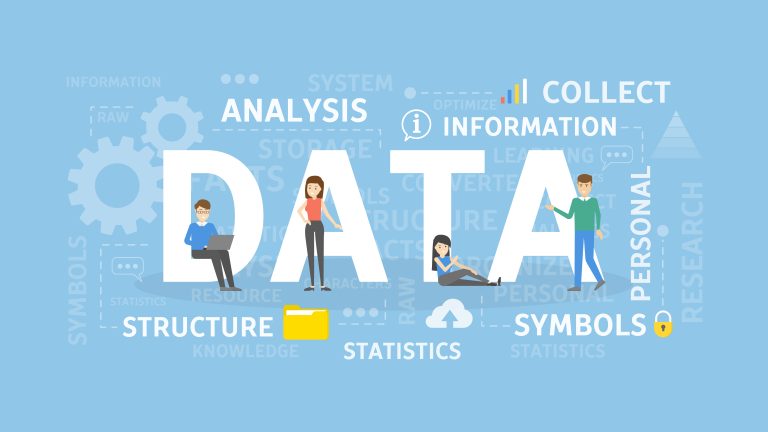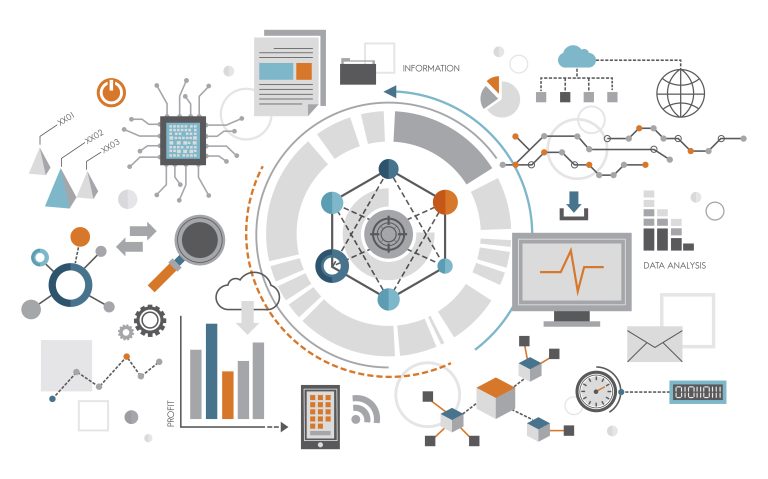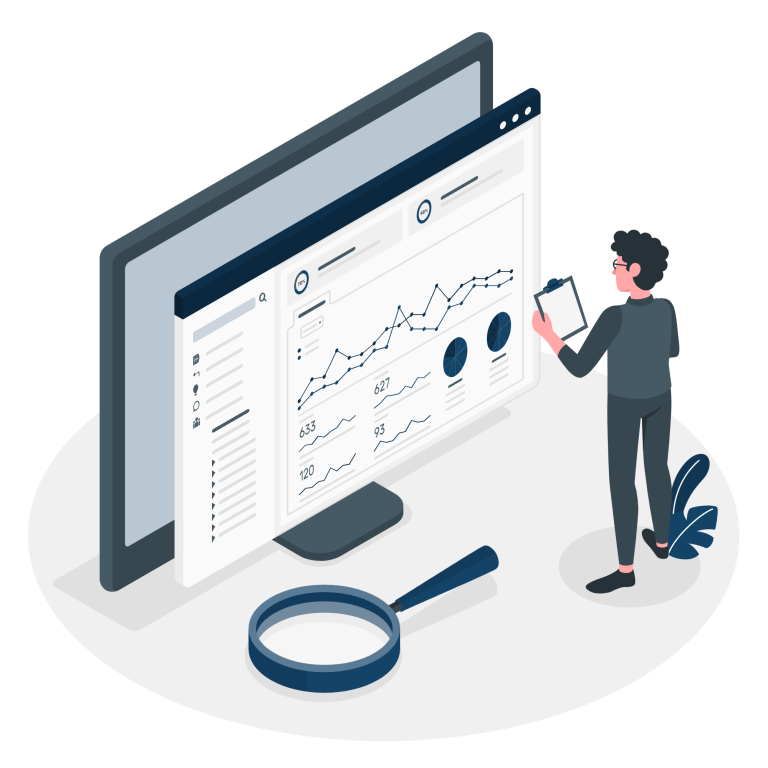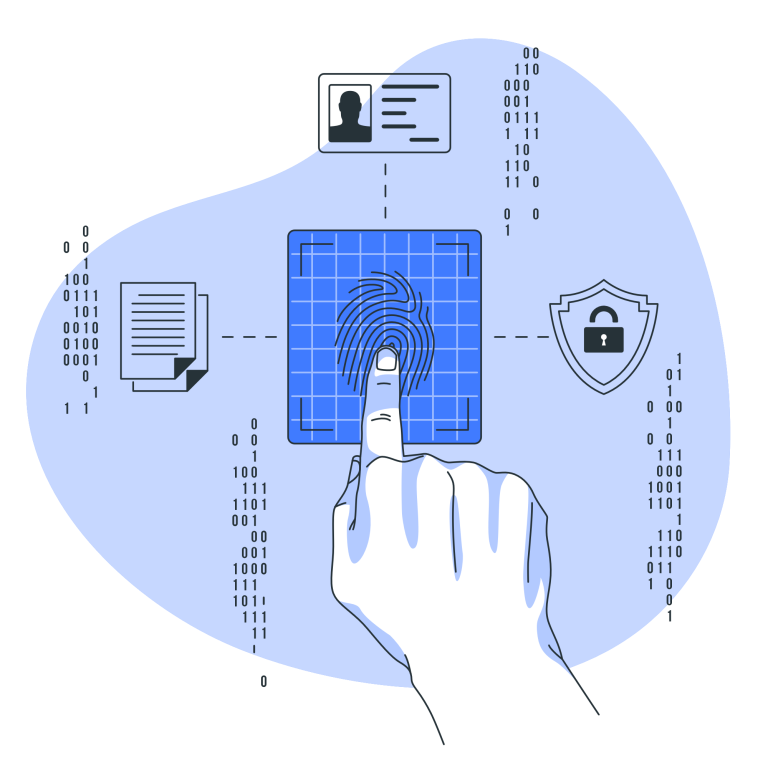Introduction
In the digital age, data is often referred to as the new gold. With the rapid growth of technology and the interconnectedness of our world, an immense amount of data is being generated every second. This data holds invaluable insights that can transform businesses, improve decision-making, and enhance our lives. This is where data science comes into play, as a multidisciplinary field that employs techniques from statistics, mathematics, computer science, and domain expertise to extract knowledge and insights from data. In this comprehensive guide, we will delve deep into the world of data science, exploring its core concepts, methodologies, applications, and potential to shape the future.
1. What is Data Science?
- Defining Data Science:
- Explore the fundamental definition of data science as the process of extracting valuable insights from data, and understand how it differs from related fields like machine learning and artificial intelligence.
- Key Components of Data Science:
- Discover the essential elements that constitute data science, including data collection, data preprocessing, exploratory data analysis, modeling, evaluation, and communication.
- The Data Science Lifecycle:
- Dive into data science projects’ iterative and cyclical nature, from problem formulation and data collection to model deployment and maintenance.
2. Foundations of Data Science
- Statistics and Probability:
- Gain insights into the role of statistics and probability in data science, including concepts like distributions, hypothesis testing, and probability theory.
- Linear Algebra:
- Explore the importance of linear algebra in data manipulation and transformation, covering topics such as matrices, vectors, and eigenvalues.
- Machine Learning Fundamentals:
- Get a glimpse into the core concepts of machine learning, including supervised and unsupervised learning, feature engineering, and model selection.
- Data Manipulation and Cleaning:
- Understand the critical process of preparing data for analysis through techniques like data cleaning, transformation, and handling missing values.
3. Data Collection and Preprocessing
- Data Sourcing and Gathering:
- Learn how to collect and source data from various repositories, APIs, and databases, and understand the challenges associated with data acquisition.
- Data Cleaning and Transformation:
- Dive into the intricate process of data cleaning, ensuring data quality and consistency, and explore techniques for transforming data into a usable format.
- Exploratory Data Analysis (EDA):
- Discover the art of uncovering patterns, trends, and anomalies within data through visualization and statistical techniques.
- Feature Engineering:
- Delve into the creative process of feature engineering, where raw data is transformed into meaningful features that enhance model performance.
4. Machine Learning and Predictive Modeling
- Supervised Learning:
- Explore the world of supervised learning algorithms, including regression and classification, and understand how they are applied to make predictions.
- Unsupervised Learning:
- Gain insights into unsupervised learning methods such as clustering and dimensionality reduction, and see how they unveil hidden patterns within data.
- Model Selection and Evaluation:
- Learn the art of selecting the right model for a given problem and evaluating its performance using metrics like accuracy, precision, recall, and F1-score.
- Regression and Classification:
- Deep dive into regression techniques for predicting continuous outcomes and classification methods for assigning data to predefined categories.
5. Deep Learning and Neural Networks
- Introduction to Deep Learning:
- Uncover the revolutionary world of deep learning, its history, and its significance in solving complex problems.
- Neural Network Architecture:
- Understand the architecture of neural networks, including layers, neurons, and activation functions, and how they simulate the human brain’s functioning.
- Convolutional Neural Networks (CNNs):
- Explore how CNNs revolutionized image analysis, pattern recognition, and object detection, with applications in fields like computer vision and medical imaging.
- Recurrent Neural Networks (RNNs):
- Learn about RNNs and their ability to handle sequential data, making them invaluable in tasks such as natural language processing and time series analysis.
- Applications of Deep Learning:
- Discover real-world applications of deep learning, from speech recognition to autonomous vehicles, and witness the transformative power of neural networks.
6. Big Data and Distributed Computing
- Challenges of Big Data:
- Delve into the challenges posed by the era of big data, including issues of storage, processing speed, and scalability.
- Hadoop and MapReduce:
- Explore the Hadoop ecosystem and the MapReduce programming model, designed to process and analyze massive datasets across distributed clusters.
- Apache Spark for Data Processing:
- Learn about Apache Spark, a fast and versatile framework for big data processing, and its role in enhancing data analytics.
- Scalable Machine Learning:
- Understand how big data platforms enable the implementation of machine learning algorithms on large-scale datasets, paving the way for more accurate and robust models.
7. Data Visualization and Communication
- Importance of Data Visualization:
- Recognize the significance of data visualization in conveying insights effectively and aiding decision-making.
- Choosing the Right Visualization Tools:
- Explore a variety of data visualization tools and libraries, and learn how to select the appropriate one based on data and context.
- Design Principles for Effective Visualizations:
- Master the art of creating compelling visualizations by understanding design principles, color theory, and data storytelling.
- Storytelling with Data:
- Discover how to craft a compelling narrative using data, transforming complex information into accessible and engaging stories.
8. Ethics and Privacy in Data Science
- Data Privacy Concerns:
- Examine the ethical considerations surrounding data privacy, security breaches, and the responsible handling of sensitive information.
- Bias and Fairness in Machine Learning:
- Understand the implications of bias in machine learning algorithms and strategies to mitigate these biases for fair and equitable outcomes.
- Responsible Data Collection and Usage:
- Learn about best practices for collecting, storing, and using data ethically, ensuring transparency and accountability in data science projects.
9. Real-world Applications of Data Science
- Healthcare and Medical Diagnostics:
- Witness how data science transforms healthcare by predicting disease outbreaks, aiding medical diagnostics, and facilitating personalized treatment plans.
- Financial Forecasting and Fraud Detection:
- Explore how data science plays a vital role in predicting market trends, optimizing investments, and detecting fraudulent activities in the financial sector.
- Recommender Systems:
- Learn how recommender systems leverage data to provide personalized recommendations, revolutionizing the way we discover content and products.
- Natural Language Processing (NLP):
- Uncover the fascinating world of NLP, where data science enables machines to understand, generate, and interact with human language.
- Image and Video Analysis:
- Discover how data science techniques, including computer vision and image processing, enable machines to interpret visual data, from facial recognition to autonomous vehicles.
10. Future Trends and Innovations
- AI and Data Science Integration:
- Explore the convergence of artificial intelligence and data science, paving the way for more intelligent and autonomous systems.
- Automated Machine Learning (AutoML):
- Witness the rise of AutoML, where data science is democratized through automated model selection, hyperparameter tuning, and feature engineering.
- Edge Computing and IoT Data Analytics:
- Learn how edge computing and the Internet of Things (IoT) are reshaping data science by enabling real-time analytics and decision-making at the edge of networks.
- Quantum Computing in Data Science:
- Gain insights into the potential of quantum computing to revolutionize data analysis by performing complex computations at speeds previously unimaginable.
Conclusion
In a data-driven world, data science stands as a pivotal force that empowers organizations and individuals to harness the potential of data. This comprehensive guide has unveiled the intricate layers of data science, from its foundational principles to advanced techniques and applications. As the field continues to evolve, its impact on industries such as healthcare, finance, and technology is poised to reshape the way we live and work. Whether you’re a seasoned data scientist or someone just beginning to explore the field, the journey through data science promises a world of endless discovery and innovation. Embrace the power of data, and you’ll unlock a universe of insights waiting to be explored.




